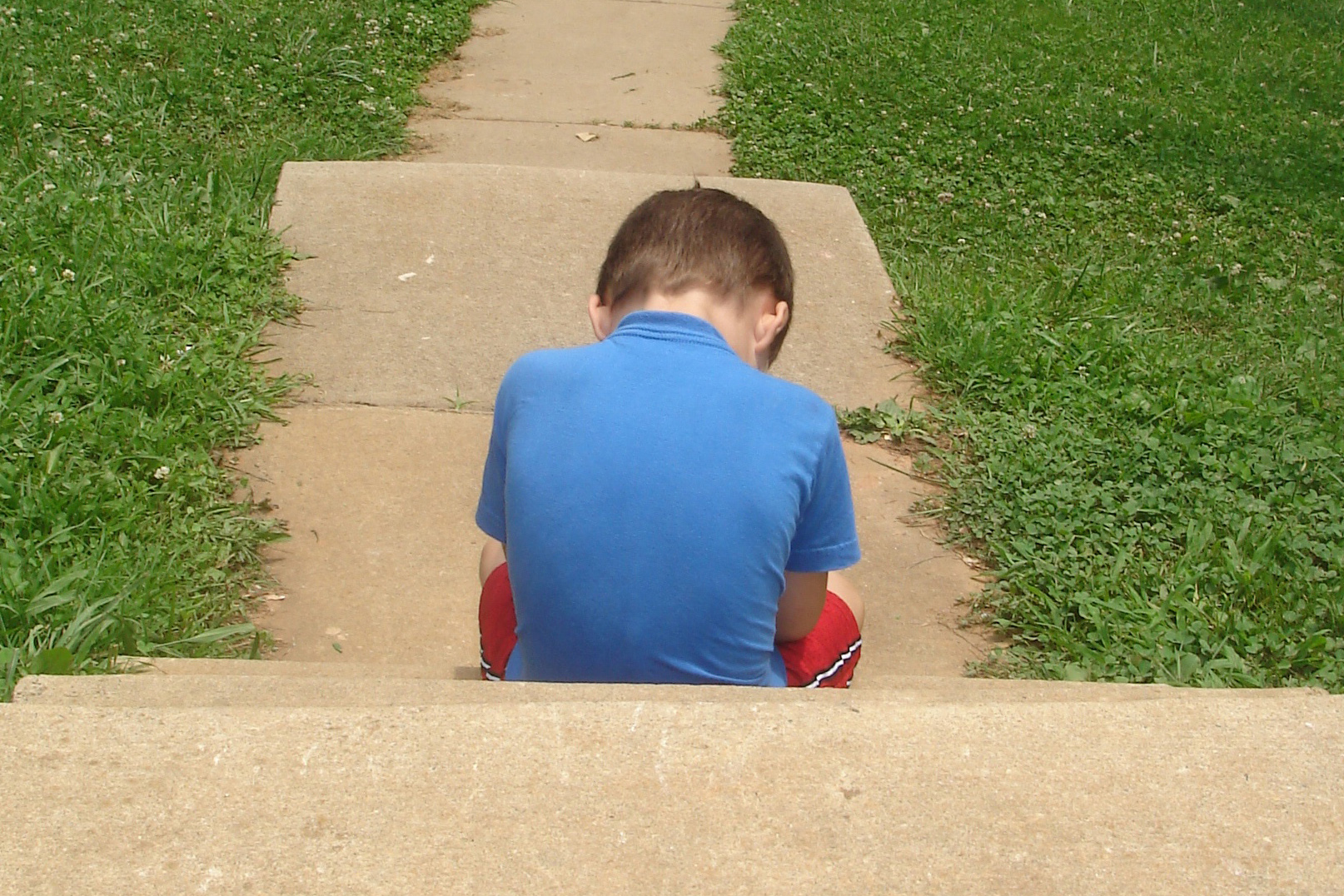It is likely that there is not a society that exists, or has ever existed, on this planet which did not highly value its children. They are special. They are our future, especially when they are our own children or grandchildren. They can be frustrating on times, but, in the main, they are a source of great joy in life. We don’t like to see children hurting or in pain; we don’t like to see them unhappy.
It is recognised that children can struggle with mental health problems. Like adults, they can experience negative changes in their thinking and feeling which lead to behavioural changes. However, as their cognitive and emotional skills are less well developed than grown-ups, these changes can be very difficult for them to deal with. Adults struggle to talk about their emotions when it comes to their mental health difficulties; it’s easy to understand how much harder that is for children. Often, they express the way they are feeling with behavioural cues and changes, rather than speaking about what is bothering them.
The statistics on the incidence of children’s mental health problems in the UK are alarming:
- Research from 2020 shows that 1 in 6 children aged 5-16 were identified as having a ‘probable mental health problem’; this is an increase from 2017 when the incidence was 1 in 9
- Two separate research studies have shown that many young people and children believe that their mental health has deteriorated as a result of the coronavirus pandemic
- Research has shown that nearly a third of mental health problems experienced in adulthood are connected to adverse childhood experience
- 50% of mental health problems are established by the age of 14 years
- Approximately only a third of children with a diagnosable mental health condition get access to NHS care and treatment
- Nearly 60% of 5-22 year olds with a probable mental health disorder also described sleep disruption or difficulties
For more on the statistics above, use the links below to YoungMinds, the Mental Health Foundation and the 2 NHS Wave reports on Mental Health of Children and Young People in England 2021.
What can we do to help children who may be struggling with their mental health? How can we spot signs that this is a problem for them? These are signs to look out for:
- significant changes in behaviour
- ongoing difficulty sleeping
- withdrawing from social situations
- not wanting to do things they usually like
- self-harm or neglecting themselves
It’s important to notice and act if the changes last for longer than 2-3 weeks.
These are things we can do to help:
- Be there to listen
- Take what they say seriously
- Support them through difficulties
- Build positive routines
- Encourage their interests
- Stay involved in their life
To learn more on supporting children, link to the NSPCC website below or look at the YouTube videos. ‘Talking Mental Health’ by Anna Freud is an especially good one if you wanted to share information on the topic with a child, or even use it to start up a conversation with them on their own mental health.
Children’s Mental Health Week 07-13 February 2022
‘Children’s Mental Health Statistics’ on the childrensociety.org.uk
‘The state of children’s mental health services 2019/20’ on childrenscommissioner.gov.uk
‘Mental health statistics: children and young people’ on mentalhealthfoundation.org.uk
‘Mental health statistics’ on youngminds.org.uk
‘Mental Health of Children and Young People in England, 2020: Wave 1 follow up to the 2017 survey’ on digital.nhs.uk
‘Mental Health of Children and Young People in England 2021 – wave 2 follow up to the 2017 survey’ on digital.nhs.uk
‘Children’s mental health: Huge rise in severe cases, BBC analysis reveals’ on bbc.co.uk
‘Looking after a child or young person’s mental health’ on nhs.uk
‘Child Mental Health’ on nspcc.org.uk
‘How to know if your child has Poor Mental Health| Warning Signs| Mental Health Awareness Week’ by Aza play and Learn TV on YouTube
‘Talking Mental Health’ by Anna Freud NCCF on YouTube

